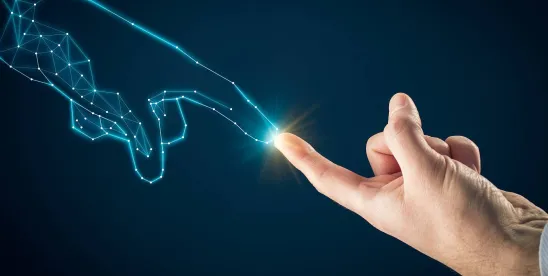The rapid evolution of artificial intelligence has undeniably transformed the digital landscape, with AI-generated content becoming increasingly common. This shift has profound implications for brand owners introducing both challenges and opportunities.
One of the most pressing concerns is trademark infringement. In a recent example, the Walt Disney Company, a company fiercely protective of its intellectual property, raised concerns about AI-generated content potentially infringing on its trademarks. Social media users were having fun using Microsoft's Bing AI imaging tool, powered by DALL-E 3 technology, to create images of pets in a "Pixar" style. However, Disney's concern wasn't the artwork itself, but the possibility of the AI inadvertently generating the iconic Disney-Pixar logo within the images, constituting a trademark infringement. This incident highlights the potential for AI-generated content to unintentionally infringe upon established trademarks, requiring brand owners to stay vigilant in protecting their intellectual property in the digital age.
Dilution of trademarks is another critical issue. A recent lawsuit filed by Getty Images against Stability AI sheds light on this concern. Getty Images, a leading provider of stock photos, accused Stability AI of using millions of its copyrighted images to train its AI image generation software. This alleged use, according to Getty Images, involved Stability AI’s incorporation of Getty Images’ marks into low-quality, unappealing, or offensive images which dilutes those marks in further violation of federal and state trademark laws. The lawsuit highlights the potential for AI, through the sheer volume of content it generates, to blur the lines between inspiration and infringement, weakening the association between a trademark and its source.
In addition, the ownership of copyrights in AI-generated marketing can cause problems. While AI tools can create impressive content, questions about who owns the intellectual property rights persist. Recent disputes over AI-generated artwork and music have highlighted the challenges of determining ownership and copyright in this new digital frontier.
However, AI also presents opportunities for trademark owners. For example, AI can be employed to monitor online platforms for trademark infringements, providing an early warning system. Luxury brands have used AI to authenticate products and combat counterfeiting. For instance, Entrupy has developed a mobile device-based authentication system that uses AI and microscopy to analyze materials and detect subtle irregularities indicative of counterfeit products. Brands can integrate Entrupy's technology into their retail stores or customer-facing apps.
Additionally, AI can be a powerful tool for brand building. By analyzing consumer data and preferences, AI can help create highly targeted marketing campaigns. For example, cosmetic brands have successfully leveraged AI to personalize product recommendations, enhancing customer engagement and loyalty.
The intersection of AI and trademarks is a dynamic and evolving landscape. As technology continues to advance, so too will the challenges and opportunities for trademark owners. Proactive measures, such as robust trademark portfolios, AI-powered monitoring tools, and clear internal guidelines, are essential for safeguarding brand integrity in this new era.




 />i
/>i

